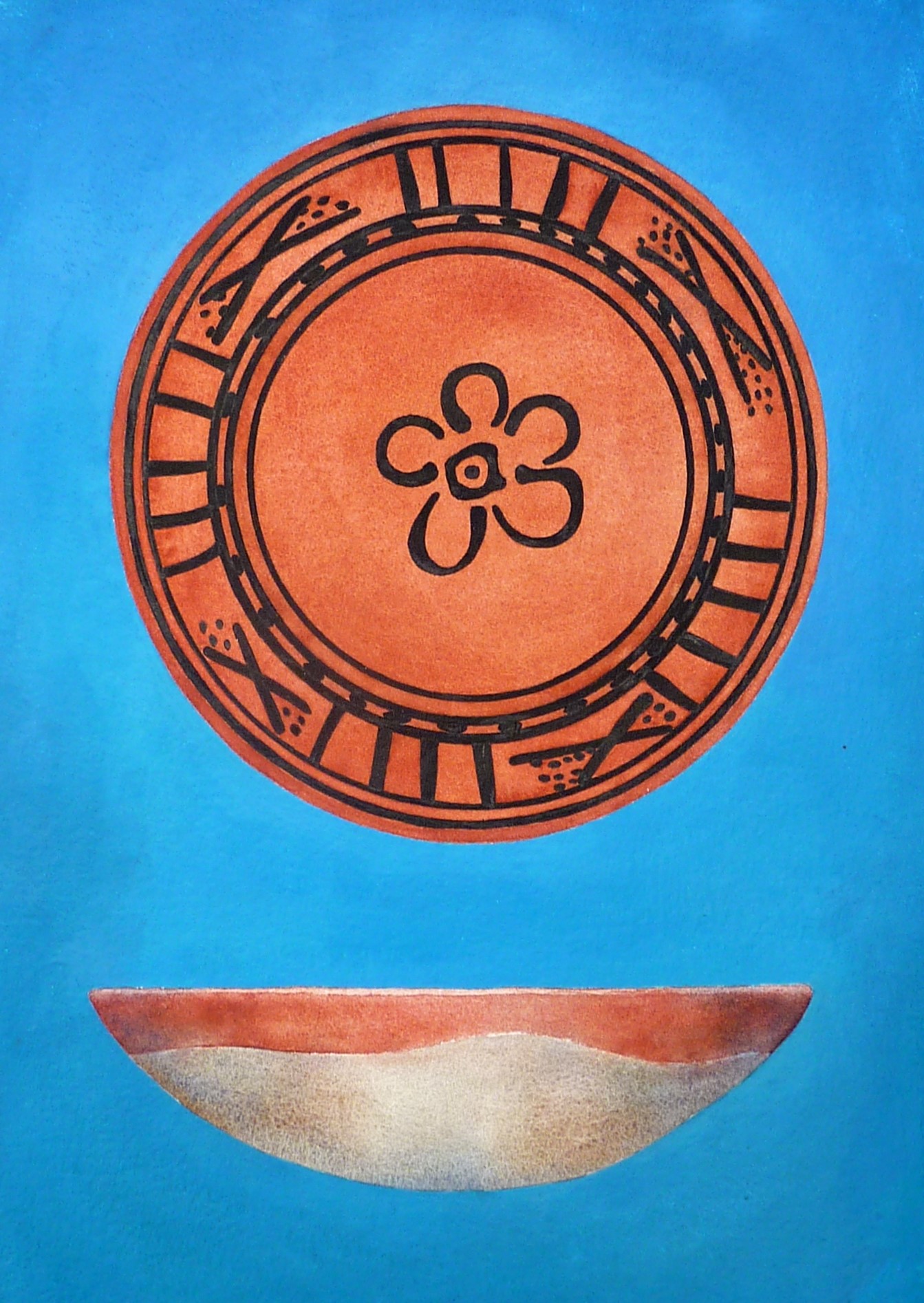

The Society’s hybrid Rhind Lectures are taking place in Edinburgh (Augustine United Church) and live-streamed online. Please check the Society website, e-newsletters and your email inbox for the latest news and further information on Society events in case of any last minute changes to events.
Please note that booking an in-person ticket gives you access to all six sessions of the 2023 Rhind Lectures, but due to limited capacity at the venue we recommend you book early to avoid disappointment. All times in the event programme are British Summer Time (BST).
This event is open and free to all. You can find the Rhinds leaflet here.
Special thanks to AOC Archaeology Group for sponsoring the 2023 Rhind Lectures.
Elizabeth Graham received her BA degree in History from the University of Rhode Island, and her PhD in Archaeology from the University of Cambridge. She has carried out archaeological work on Maya civilisation in Belize since 1973 and was Belize’s Archaeological Commissioner from 1977 to 1979. She taught in the Anthropology Department at York University in Toronto until 1999, and then moved to the Institute of Archaeology, University College London (UCL), from where she recently retired as Emeritus Professor of Mesoamerican Archaeology. Elizabeth received the Society for American Archaeology Award for Excellence in Latin American and Caribbean Archaeology (2020) and was the recipient of a Lifetime Achievement Award, Maya-at-the-Lago (2017).
After introducing Precolumbian Maya civilisation, these lectures will cover Maya intellectual achievements as well as Mesoamerican contributions to modern diet and health. Elizabeth Graham will discuss what we can learn from Maya history about sustainable pathways for urban life, but also cover a more controversial topic concerning the powerful role of commercial interests in social change. These lectures will present an alternative view of the Christianisation of the Maya at Conquest and criticise the common assumption that people—especially the ‘Ancients’—kill people for gods.
All illustrations by Louise Belanger (www.louisebelanger.com) and reproduced with permission of the Lamanai Archaeological Project and the Marco Gonzalez Archaeological Project.
Rhind Lectures 2023 Registration
This lecture will introduce the Maya: maps, timelines, environments, distinguishing features of Mesoamerican societies, and an overview of Maya history. Maya timekeeping and astronomy will be the vehicle for insight into Maya thought, and the huge variety of foods and aspects of agriculture will also be reviewed.
Maya urbanism has been a major research interest of Elizabeth’s for years. More recently she has worked with a team–including city planners, those in development and food security—who are drawing from Maya urbanism in planning housing and especially the integration of greenspace, and in some cases agriculture, in cities.
Followed by a reception. A selection of Society books, ties and scarves will be available to purchase.
Elizabeth has excavated coastal sites for much of her career, and she is working on the coast at present. These sites were never abandoned and thrived through the Maya collapse—but they were commercial centres and benefited from the demise of the Maya dynasties. Elizabeth finds the British East India Company to be perfect inspiration for ideas about how Maya merchants were able to undermine traditional trading systems, manipulate those in power, and justify war for trade.
Elizabeth wrote a book on the early conquest period, called Maya Christians and Their Churches in Sixteenth-Century Belize, and in this lecture she will describe her own point of view on how the Maya reacted to evangelisation and the ideas of Christianity.
For many years Elizabeth has been doing research on human sacrifice and is still working on a number of implications. Many in her field have invested careers in trying to explain why the Maya and Aztecs practiced human sacrifice, but no one has thought to question the concept itself.
Elizabeth’s recent research focuses on soils and soil security at the urban site of Lamanai, and on coastal sites on Ambergris Caye, Belize. She and her team are looking at gradual soil formation and increasing soil fertility where human occupation has been dense, with implications for what modern planners consider to be sustainable. Soil security may be more important than climate change, because even if the climate stabilised, soils remain threatened.
With thanks to AOC Archaeology Group for sponsoring the 2023 Rhind Lectures.
House Rules
The Society has a zero-tolerance policy on harassment and bullying.
All attendees are requested to act with respect to one another during this hybrid event.
Anyone making comments which we believe to be inappropriate (e.g. offensive or abusive) will be removed from the event immediately. Equivalent procedures (e.g. with regard to spam) will apply online.
Accessibility
The main entrance to the church is up four steps with a handrail.
Step free access is available via a door to the right of the building – please ring the bell for attention. Please note there is a tight turn in this passageway.
A standard accessible toilet is available on the ground floor and lower level (accessible via lift).
The venue (AUC sanctuary) has a hearing loop included.
Assistance dogs are allowed inside the venue.
If attending via Zoom, captions are included.
You can find further information on Accessibility here.
Help us: champion research; stimulate discussion; enhance public understanding; and share our extraordinary heritage. Donate directly to the Society now.